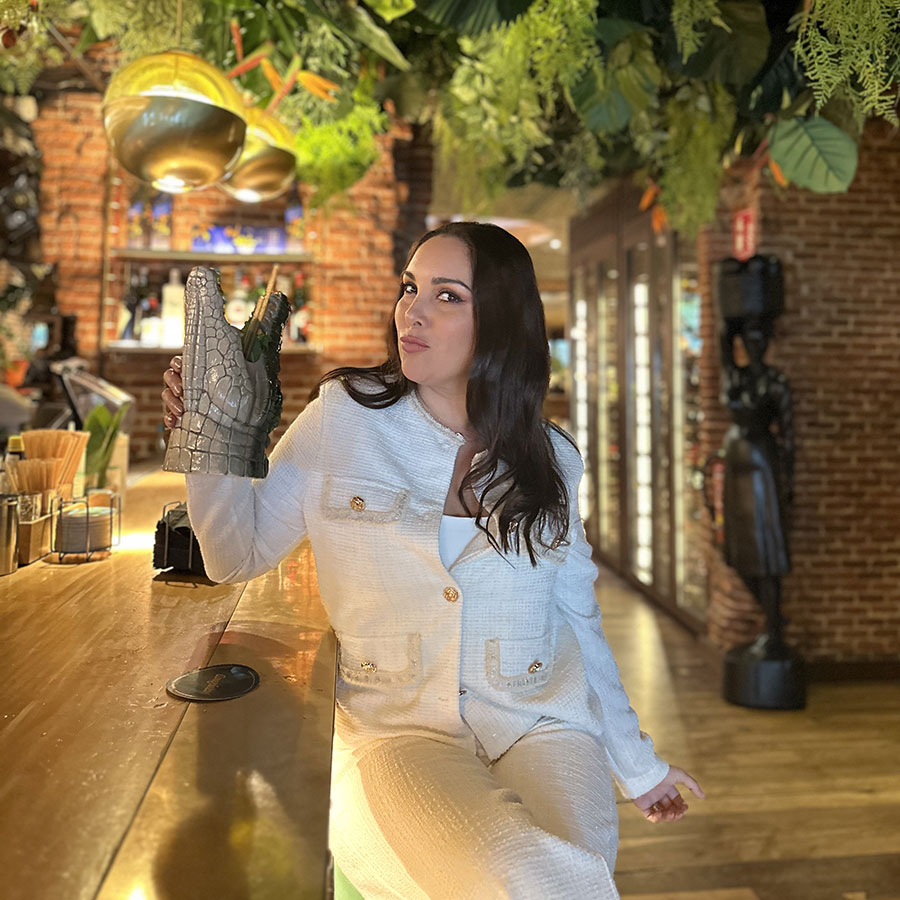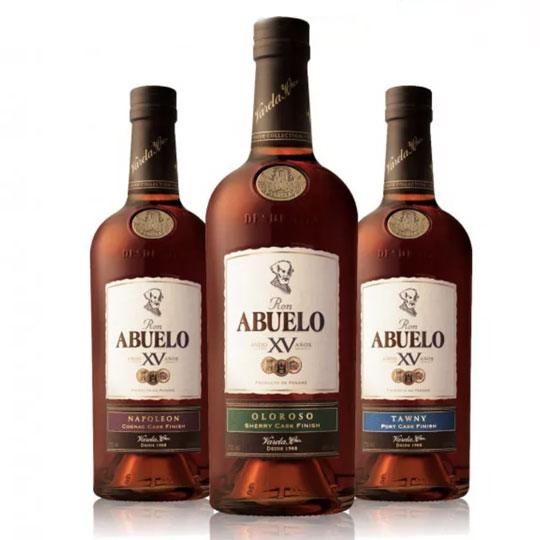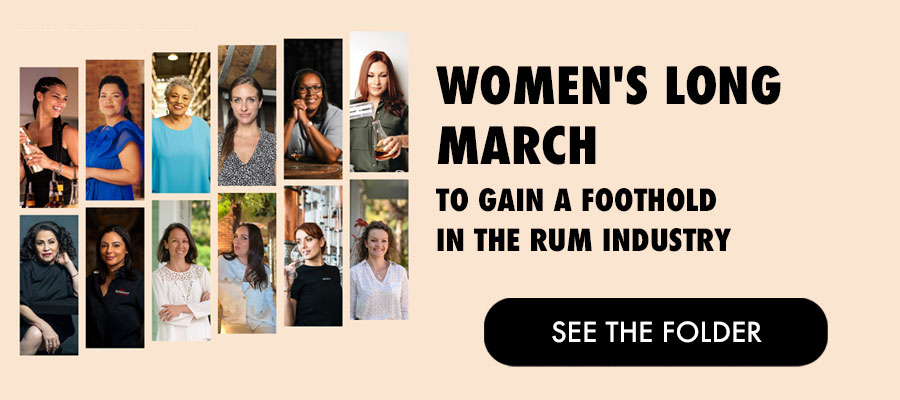Larissa Aroja created the Women Leading Rum & Spirits platform to give visibility to women working in the industry. It is therefore only natural that she should open this section devoted to interviews.

What is Women Leading Rum & Spirits?
Women Leading Rum & Spirits is an international platform that connects, empowers and promotes women in all areas of the rum and spirits industry, from production and marketing to sales, hospitality and entrepreneurship.
Our mission is to promote equal opportunities and representation while building a strong network of women who support each other in their growth and visibility.
How and why was this organisation created?
The organisation was born out of a need to recognise the often overlooked contributions of women in the rum industry. Despite playing crucial roles, women have always had limited visibility and access to leadership positions.
After years of working in international markets and connecting with other professional women who shared similar challenges, I felt the time was right to create a space that would celebrate and elevate their voices.
This vision became Women Leading Rum & Spirits. We welcome women from all parts of the rum and spirits value chain: producers, bartenders, distillers, brand ambassadors, merchants, importers, entrepreneurs, and more.
It is easy to register through our online platform, and we also encourage participation in our events, mentoring programmes, and professional panels. Men who are committed to allyship and supporting gender equality in the industry are also invited to support and participate.
How long have you been working in the rum industry?
I have been working in the rum industry for over a decade, focusing on international brand building, storytelling and education. Currently, I am the export marketing manager for Ron Abuelo, one of Panama’s most prestigious premium rum brands.

Were you easily accepted by your male colleagues?
Yes, completely. I have always felt supported and respected by my male colleagues, both within my company and across the industry as a whole. Many of them have been true allies and collaborators, encouraging my leadership journey from the very beginning. I think it’s important to recognise that progress is also made when men are part of the solution.
When you started out, were there many women in the rum industry?
Not many, especially not in high-visibility or decision-making roles. Most women worked behind the scenes or in administrative positions. It was rare to see women representing rum on international platforms or leading brand strategies.
Are there others now?
Yes, absolutely. We are seeing a growing number of women entering and being recognised in all roles, from master blenders and distillers to bar owners and brand creators. The industry is evolving and women are claiming space and recognition at all levels.
What types of jobs are women employed in?
Women are present throughout the value chain: in technical production, quality control, global marketing, education, mixology and brand ownership.
It is particularly inspiring to see more and more women founding their own spirits brands or holding key leadership positions in established companies.
Do you think women really hold positions of power in the rum industry?
There are a few, yes, but we need many more. Real influence and decision-making power are still concentrated in the hands of a few.
We must continue to create opportunities for women to lead in management positions, in master distiller roles, and as brand creators or business owners.
What could be done better to encourage women to pursue careers in the rum industry?
We need three key actions: visibility, access, and support. Visibility so that young women can see that this is a career path for them. Access to training, scholarships and mentoring to develop skills and confidence.
And support from companies through inclusive policies, career development programmes and equal opportunities for advancement.
Have you ever encountered sexist behaviour and/or harassment in the course of your work and travels?
Personally, I have been fortunate enough never to have experienced sexist behaviour or direct harassment. I have sometimes heard inappropriate or outdated comments in industrial settings – which were not directed at me – but I have chosen not to give energy to ignorance.
I focus on professionalism, excellence and surrounding myself with people who share the same values of respect and equality.
Is there a ‘feminine’ way to produce rum?
I don’t think rum production should be labelled as feminine or masculine. That said, women may approach the craft with a unique perspective, perhaps more detail-oriented, intuitive or emotionally connected to storytelling. But good rum is great rum, no matter who makes it.
Why do you think fewer women than men enjoy rum tasting?
Historically, rum has been marketed in a way that excluded or neglected women, using overly masculine imagery or positioning. Many women simply weren’t invited to experience rum in the same way they were with wine or gin.
There is also a misconception that rum is too sweet or too harsh, which doesn’t reflect the diversity of styles available today.
How can you convince them to give rum a chance?
By inviting them to participate, through education, inclusive tasting experiences and highlighting the elegance, complexity and versatility of rum.
When women discover rum in an environment that respects their palate and personal tastes, they often become some of the category’s most passionate advocates. The discourse around rum is evolving, and women are playing a key role in shaping its future.

